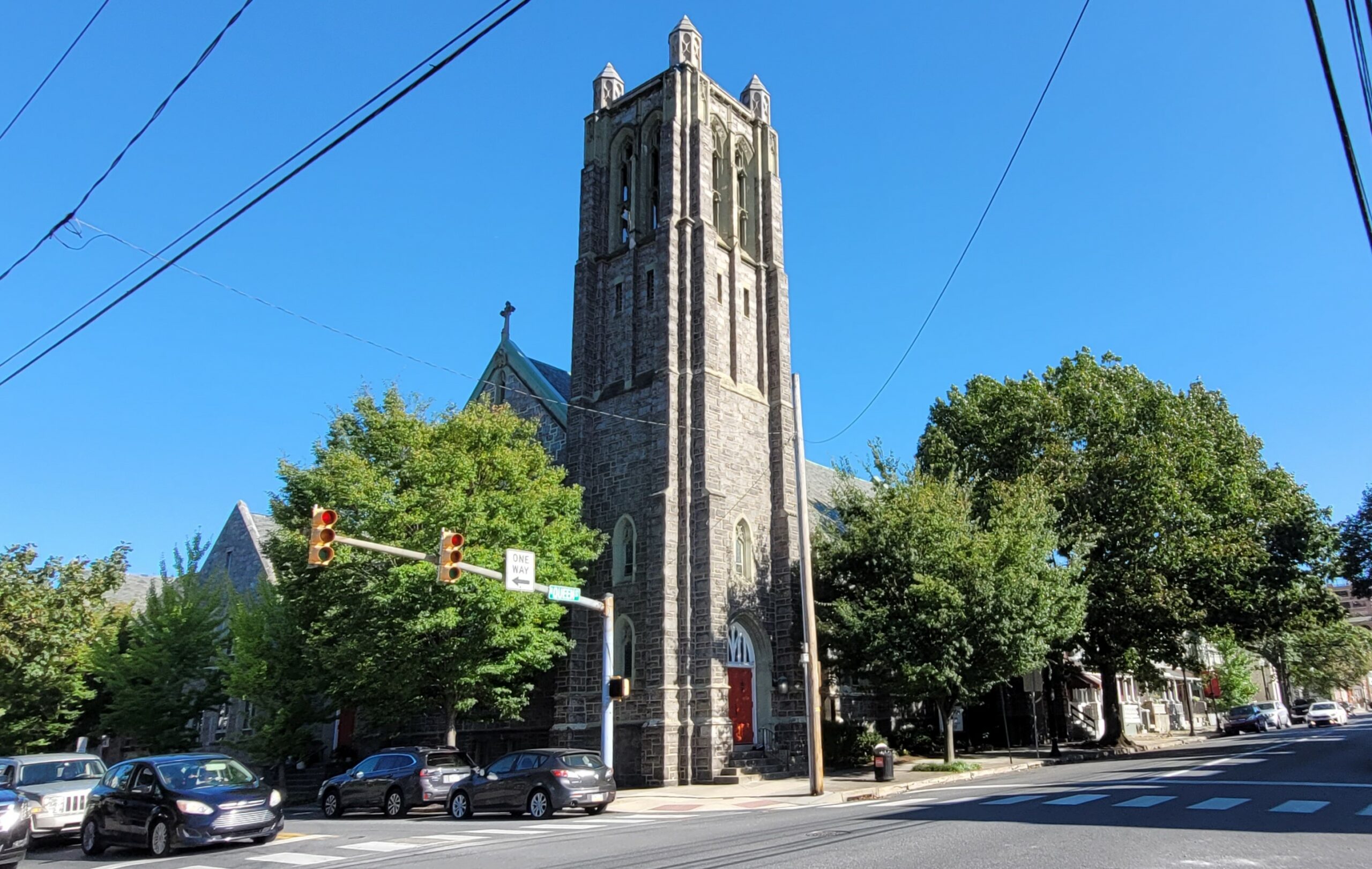The team working to set up a new 40-bed low-barrier homeless shelter in Lancaster has not yet found a provider to manage it, a setback that means it will not meet its target opening date of Dec. 1.
“I feel incredibly beleaguered that we are not able to make the progress that you all and we all feel is needed,” Mayor Danene Sorace told City Council on Tuesday. “Dec. 1 is going to come and go, and we will not have an additional 40 beds.”
Plans for the emergency shelter have been in the works for months. In April, City Council signed off on providing $800,000 for the project to the Lancaster County Redevelopment Authority, which houses the administrative office of the Lancaster County Homelessness Coalition. The money would come from the city’s American Rescue Plan Act allocation.

The agreement called for the authority and coalition to provide a plan and budget by Sept. 30 and open the site by Dec. 1, the start of the winter shelter season.
In September, the coalition announced that Otterbein United Methodist Church would host the shelter and issued a request for proposals for an organization to manage it. On Wednesday, Justin Eby, the redevelopment authority’s executive director, said the RFP yielded inquiries and discussions, but no official responses.
The coalition is currently talking with three or four providers about options for moving forward, he said. It’s not yet clear when the shelter at Otterbein can open, but that remains the goal, he said.

Asked why the RFP came up short, Eby and Paige McFarling, executive director of the Lancaster County Food Hub, cited the sheer challenge of providing what is being asked for.
Low-barrier shelters, which impose minimal conditions for entry, deal with individuals struggling with extremely difficult challenges, including mental illness, substance abuse and other disorders. In the wake of the pandemic and the increase in homelessness following the expiry of eviction moratoriums, that population has skyrocketed, McFairling said.
Currently, the Food Hub operates the only low-barrier shelter in Lancaster County: The 40-bed site at Ebenezer Baptist Church. “We are not large enough” to take on a second site of the same size, McFarling said. (Update: On Wednesday, the Food Hub’s shelter was relocated to new quarters on North Prince St.)
Nor does any other organization in the county, she said. They are either too small, have expertise in serving populations other than low-barrier homeless individuals, or both.
Staffing is one principal challenge, McFarling said. Working at a low-barrier shelter isn’t for everyone, and without training in de-escalation, trauma-informed care and so on, “it’s difficult to feel successful,” she said.
Coincidentally, the delay was disclosed during Hunger & Homelessness Awareness Week, recognized Nov. 11-18 by a proclamation issued Wednesday by the Lancaster County commissioners.
The commissioners saluted the efforts being made by numerous community organizations, while acknowledging there is more work to be done. Commissioner John Trescot noted the upcoming round of ARPA funding, and suggested he and his colleagues could direct more of that money to affordable housing.
The delay with Otterbein means the authority and coalition have not met the city’s conditions for releasing its ARPA funds. City Council President Amanda Bakay said she has called on Eby to appear before City Council at its next meeting on Nov. 28.
City officials expect the redevelopment authority to request an extension. Before granting it, City Council wants to see the shelter budget and project plan, she said.
Besides the shelter, City Council agreed to provide $800,000 from ARPA to the authority for the homelessness services hub being planned at the former Neighborhood Services Building on South Prince Street.






